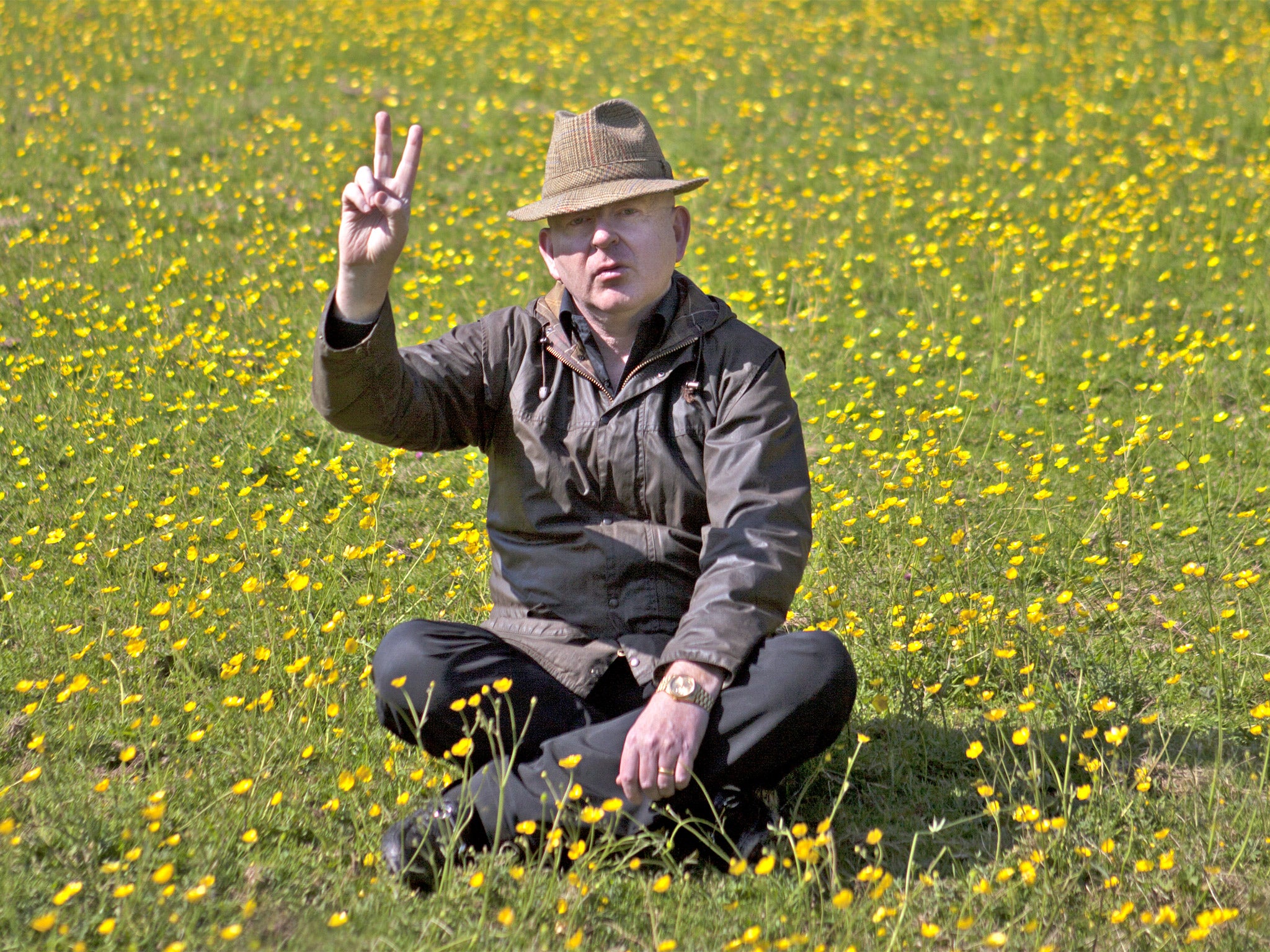Alan McGee: What’s the story? Glory years of big record labels are over says the man who discovered Oasis
McGee tells Paul Bignell about ‘semi-rehab’ and his return to music

Alan McGee, one of the music industry’s most controversial and enigmatic figures is set to return to the business he once shunned more than a decade ago.
Best known to those outside the industry as the man who discovered Oasis 20 years ago, McGee now has a 50 per cent stake in a new record label and a roster of 20 bands up his sleeve – despite once saying he “got bored with music”.
For a man who helped shift more than 50 million records in his time, the Glaswegian is refreshingly frank about an industry on which he had turned his back.
“I think if you’re talking in musical terms, the major record labels are over. The little man will eventually succeed because the independents are sustainable models – there are only 12 people at Cherry Red records, and they put out 623 albums last year. How long before Sony eats Warner Bros and then you’ll have Sony v Universal. Then how long before Universal eats Sony. It’s an unsustainable model.”
McGee, now 52 and ensconced in a large farmhouse near the picturesque town of Hay-on-Wye in Wales, cuts a more relaxed figure than he did in the drug- and drink-fuelled days in the 90s when he would often be seen getting into fights at parties, snapping at reporters or snorting anything in sight with the likes of Kate Moss and Johnny Depp.
Describing his self-imposed exile to Wales as “semi-rehab”, he now leads a secluded and sober lifestyle with his wife Kate and daughter Charlie. But he’s been keeping himself busy.
“It all moved really fast,” he said of the new label 359 Records he started with old friend Iain McNay.
“I’ve had about 2,500 MP3s from various bands and I listened to a song by everyone. Then, unbelievably, I found about 15 bands and I’d already had five from elsewhere.”
There’s also a new, low-budget indie film, Kubricks, which he’s produced and has a cameo role in and a recently completed autobiography, due out at the end of the year, which will more than likely contain its fair-share of eye-watering anecdotes of rock-and-roll excess.
Moving to London in the early 80s he formed Creation Records in 1984 with a £1,000 loan and first made waves after launching the notorious Jesus & Mary Chain, whose early gigs would often end in riots. Rather than toning down the bands antics, McGee saw that if he played up their image, he would get more press and therefore sell more records.
For McGee now, his sights are firmly fixed on the future and he has no intention of leaving his tranquil surroundings for the capital.
“London is horrible, because human beings are just a resource to everybody else. Everybody just wants to use each other. I find it is a bit like psychic cannibalism. The world changed: it used to be you had to be in London. But you don’t have to be in London: it’s a lie. I used to pay a PA £40,000 a year. Now I’ve realised all you need is a Blackberry.”
There are some things which have not changed about the music impresario: his garrulous nature; his fondness for expletives delivered in his thick Glaswegian accent; his pork-pie hat and black loafers and despite everything that happened over the last two decades: his love of music.
It was that love, he reveals, that led him to put the insurance money from his mother’s death into funding My Bloody Valentine’s seminal album, Loveless.
“To finish Loveless, I had to borrow money. My mother had just died of cancer and the insurance was about £70,000 plus I had to borrow about £10,000 from my dad to finish the record. That was when I decided to drop them. I knew that was the end of it. I had put their record out using my mother’s death money. I thought that’s as far as anybody is ever going to shove me.”
He went on to far higher fame and fortune with Oasis, inset left. And since parting ways with the Gallagher brothers, McGee has watched their recent split with wry-amusement.
“They might have defined Creation, but they never defined me. Oasis have been a part of my life and it was huge and it probably made me really famous for five minutes, but I’ve done lots of other things with my life.
“Maybe they’ve not made me as famous but I think other records were just as important.”
The competition
Domino Recording Company
The label started with a roster of cult US bands like Pavement and Sebadoh in the 90s but won wider success with Franz Ferdinand in 2003 and Arctic Monkeys in 2005.
4AD
Started in 1979 by Ivo Watts-Russell and Peter Kent, 4AD’s releases were often associated as much for their iconic art work as they were for their brand of ethereal music. Bands such as Cocteau Twins, Pixies and later, TV on the Radio made the company one of the country’s best-loved independent labels.
Rough Trade
Formed by Geoff Travis in 1978, Rough Trade initially made its name by selling punk and post-punk records by the likes of the Buzzcocks. It found fame in the 80s by signing The Smiths.
Join our commenting forum
Join thought-provoking conversations, follow other Independent readers and see their replies
Comments
Bookmark popover
Removed from bookmarks